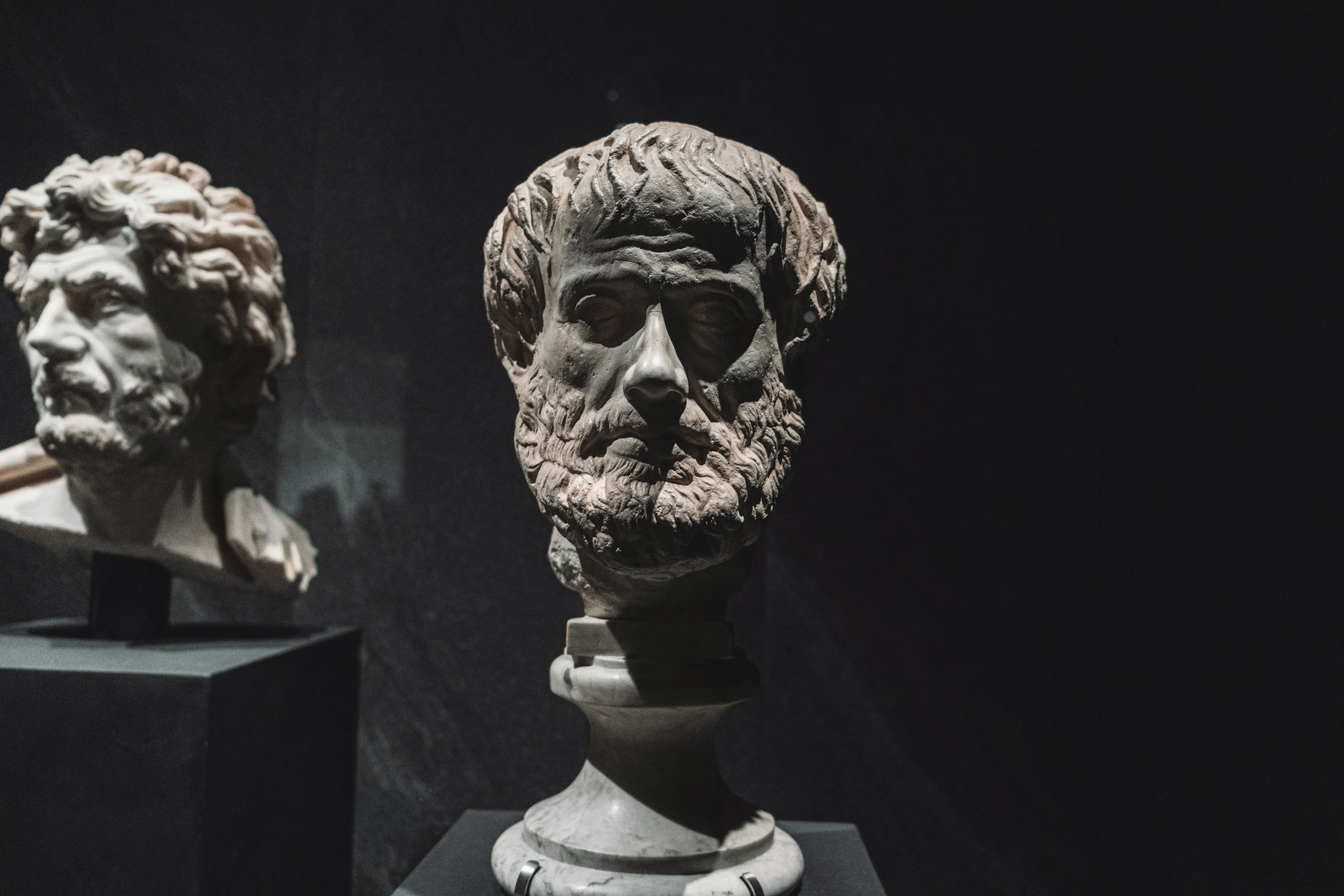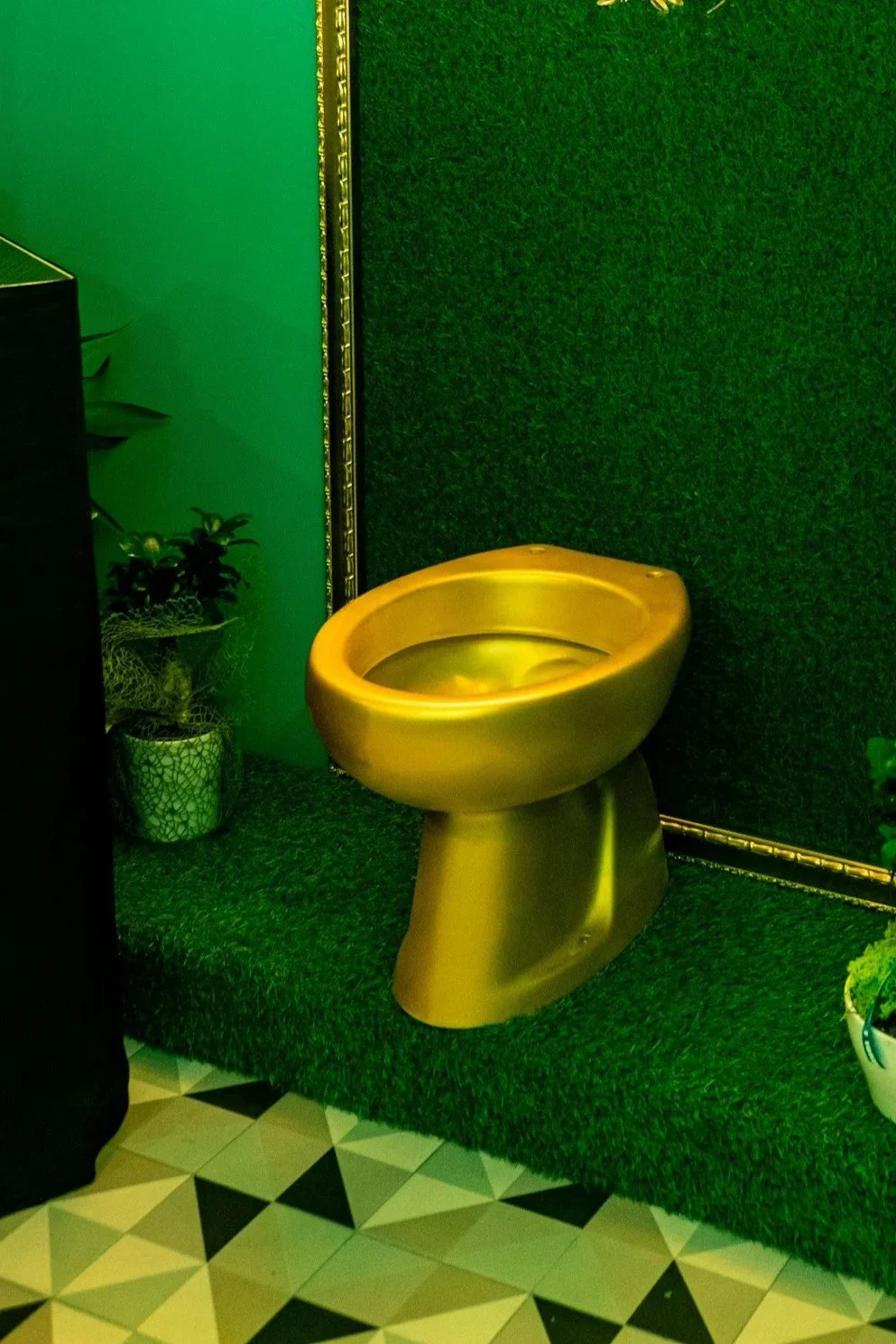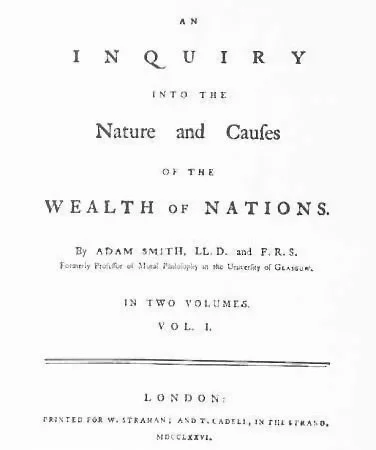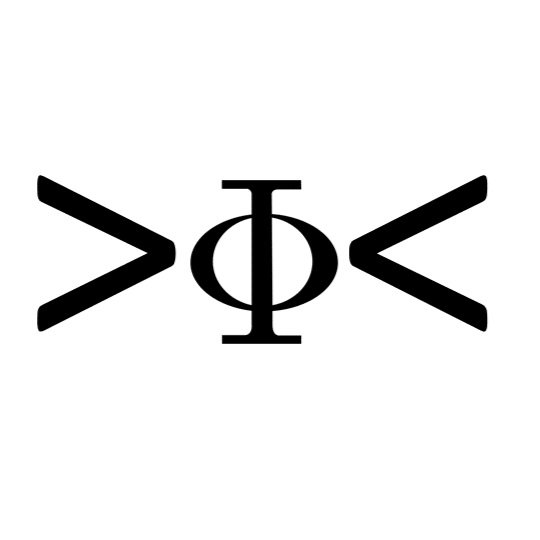WHAT IS VULGAR ECONOMICS
Vulgar economics is the study of how producing and exchanging unwanted waste (unwants) generates value in use or it’s highly destructive opposite, counter-value.
The Purpose of Vulgar economics is to understand and solve the problem of usefulness : How individuals, corporations, and governments harness their capitals to generate energy in its social form - Value.
In 2021 I started the Millennia Challenge. A competition with one competitor and only one goal - to theorise the production and supply of things that might be considered useful to civilization.
Though never studing economics, through my thinking and writing on corporations and corporate governance over thirty years, I’ve transformed myself into an unconventional economist. Albeit, a vulgar one.
Those familiar with economic history, will remember that Marx coined the term vulgar economics to describe “unscientific” economic theories that focus on the superficial, outward appearances of capitalism like supply and demand and are most useful and therefore defended, by the wealthy who have become its primary beneficiaries.
But, vulgar also means making explicit and taboo reference to bodily functions.
Perhaps obscured for millennia by humanities disgust for excrement, the uncanny similarity between poo and the things we buy and the income we use to buy it with has somehow been missed. Dung is no less sweet to a dung beetle than the finest perfume is wrapped in a bow. But to the horse and the cosmetics company both are principally an output or a waste product. Only available to the beetle in the field and the consumer in the market because it is useless to and unwanted by the horse and the company that produced it.
Yes, shit.
https://unsplash.com/@markusspiske
Vulgar economics is based on the idea that economics is better understood as the study of unwanted skat rather than scarcity. Unwanted things being the central organising principle of capitalism and governed by Say’s second or number two law.
An immutable law of motion as old as the market, that compels a producer to no less dispatch products, services and even money that are useless to the producer to the market, than a bear is compelled by nature to dispatch its shit to the woods. And, most likely governed by the same law of supply. The echo of entropy heard as much in the market as in the woods.
Objective theories of value, like Marx's labour theory of value focus on the cost of production, and subjective theories of value, like neo-classical economics emphasise wants - profits and preferences. Whereas a vulgar theory of value analyses market exchange from the perspective of unwants - individuals and their money and corporations and their products and services.
Being grounded in Aristotle’s concept that all value is value in use, it is a proto-classical theory of value. But this sanitises the raw and earthy self organising principle of markets and their relationship to the efficient allocation of value in use.
It possible that the urge and urgency to supply to markets results in social purpose without social responsibility - unuseable things wanting to flow to where they are useful. The double co-incidence of unwanted unuseable things drawing buyer to seller together to distribute useful things to where they are used. With one existential proviso - if you're going to deliberatly turn something useful into shit you can't use, avoid exchanging it for sh#t that you can't or don't use. That's how climate change started.
Read this myth of a Greek myth, to understand why. Hermes, the mischievous god of finance, fates a herd of horses to value the frass of the dung beetle as highly as the beetle values the dung of the horse. What could possibly go wrong?
When properly understood, Say's number two predicts that an economy driven by individuals maximising their unexamined preferences and firms maximizing profits will inevitably lead to a collapse in the production and supply of things that might be considered useful to civilization. A system more vain than vulgar as the overwhelming number actions turn out to be fruitless and achieve nothing but the substitution of the useful for the useless. We end up winning some, but risk losing it all.
The goal is to provide a theory that helps repair the damage caused by the neo classical theory of value that mistakenly believes that supply based on profits and demand based on consumer preferences will produce the quantity and variety of things required to flourish on this planet.
A SYSTEMATIC ENQUIRY INTO THE PRODUCTION OF USEFUL THINGS OR VALUE IN USE.
The Millennia Challenge (MC) charts the development of vulgar economics from first principles to the present theory.
Each part of the challenge a step toward recognising that God doesn’t play dice with dookie and neither should humanity.
Φ & Θ
Studying value in use requires an understanding of two symbols - Phi and the black theta. These symbols are used as shorthand to describe the key theoretical concepts used in vulgar economics.
Φ (Phi) symbolises value in use or value understood as energy in a social form.
Θ (the black theta) symbolises the opposite of value in use and energy - counter-value.
.


























